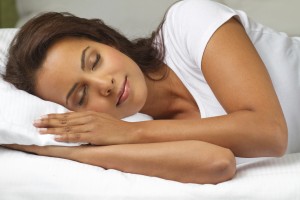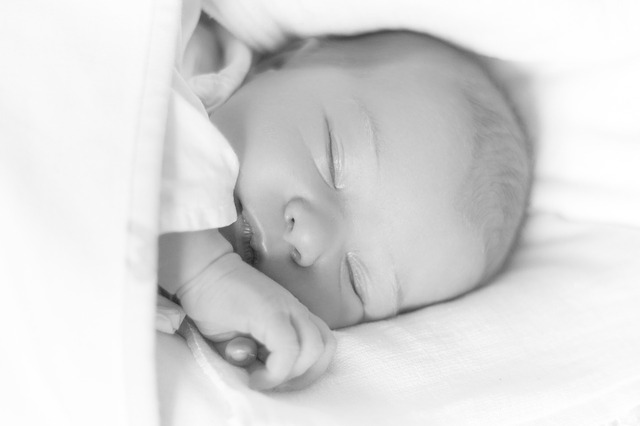It always seems like there isn’t enough time in a day to get everything done, and when it comes down to the wire, sleep is often the first thing to go. This much-needed period of rest is essential to keeping you going during the day, but what happens when you get too much?
 A new study conducted at the University of Cambridge has revealed that people who sleep for more than eight hours per day are significantly increasing their risk of fatal and non-fatal stroke. Researchers looked at 10,000 people between the ages of 42 and 81 to compose their findings. The participants were analyzed over the course of 9.5 years.
A new study conducted at the University of Cambridge has revealed that people who sleep for more than eight hours per day are significantly increasing their risk of fatal and non-fatal stroke. Researchers looked at 10,000 people between the ages of 42 and 81 to compose their findings. The participants were analyzed over the course of 9.5 years.
Elders, females and inactive individuals were the main subjects who typically received less than six hours of sleep a night. Seven out of 10 participants claimed that they slept between six and eight hours per evening.
Approximately 346 participants were affected by a stroke during the period of the study. People who slept for longer than eight hours a night had a 46 percent increased risk of having a stroke. Those who received six hours or less had an 18 percent risk.
Too little sleep can make you feel fatigued, but too much of it appears to lead to an increased stroke risk. What’s the real deal on sleep?
Recommendations From the Experts
The National Sleep Foundation updated its recommended guidelines on sleep in the beginning of February 2015. The results, which were published in Sleep Health: The Official Journal of the National Sleep Foundation, showed that sleep recommendations now vary according to age group. This means that if you’re between the ages of 14 and 17, between eight and 10 hours of sleep is sufficient. However, you can get by with seven to nine hours of sleep as an adult between the ages of 26 and 64.
“This is the first time that any professional organization has developed age-specific recommended sleep durations based on a rigorous, systematic review of the world scientific literature relating sleep duration to health, performance and safety,” said Charles Czeisler, chairman of the board of the National Sleep Foundation, chief of sleep and circadian disorders at Brigham and Women’s Hospital, and Baldino Professor of Sleep Medicine at the Harvard Medical School.
However, these recommendations still don’t answer one key question: “What can sleep do for me?”
In truth, researchers still don’t quite understand why humans need sleep, according to the Division of Sleep Medicine at the Harvard Medical School. However, the general theory is that sleep can “restore” what is lost in the body while we’re awake. Think of it as recharging your phone battery.
Whether the risk of stroke specifically applies to your health is up for a medical professional to determine. Seeing a doctor about any issues regarding sleep can help you find out how it impacts your overall well-being.
Sources
- “Why Do We Sleep, Anyway?” Retrieved March 2015. Harvard Medical School.
- “Expert Panel Recommends New Sleep Durations.” Feb. 2, 2015. The National Sleep Foundation.
- Vakil, Enozla. “Sleeping More Could Put You at a Higher Risk of Stroke.” Feb. 26, 2015. American LiveWire.
